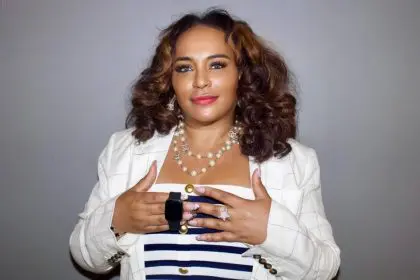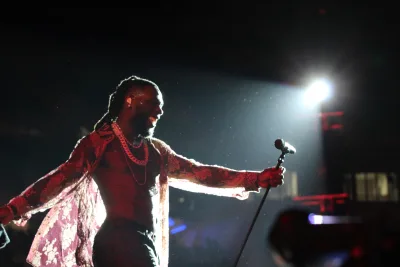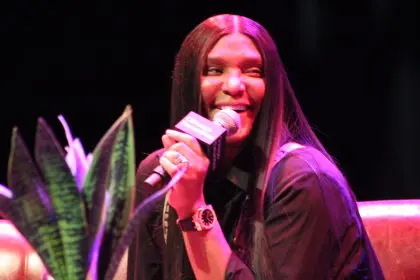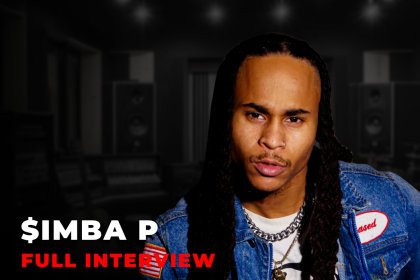
Namir Smallwood is a force to be reckoned with in the theater world. Since joining the Steppenwolf Theatre Company ensemble in 2017, he has delivered memorable performances in productions including Seagull, Bug, True West, and BLKS. His talent has taken him to Broadway in Pass Over and to screens large and small in “Chicago Fire,” “Power Book IV: Force,” and films like Rounding and Bailey’s Blues.
Now, Smallwood brings his considerable talents to the role of Buddy in Suzan-Lori Parks’ The Book of Grace at Steppenwolf Theatre, running through May 18. In this revealing conversation with rolling out, Smallwood opens up about his journey, the universal humanity in Black theater, and why grace is exactly what the world needs right now.
Smallwood details career’s start
Take us back to the moment when you knew acting was your calling.
I was 14 years old. I was doing an academic enrichment program for the summer, and we had to figure out electives to take, because it mimicked the high school experience. So, I chose to do the Drama Club, and we kind of devised this skit about this son who hadn’t seen his father in 25 years, and during the skit I made myself cry, and my peers started crying, and everybody was like, “Yo, you should be active.” So, from that day, it was like, “Okay, this is what I’m supposed to do.”
What did you tap into to make yourself cry?
To be honest with you, Eddy. I don’t know, it just kind of happened. It surprised me. It was like, “Oh, okay, wow.”
Have you had a role that made you feel like you had truly arrived as an actor?
I don’t think I’ve had it yet, to be honest with you.
How do you decide to take your roles on?
I kind of feel like these plays choose me. I love plays, I love reading them, I love being in them, and when I read a script, and when I’m like, “Oh, man, this is really good,” it touches me in a place that I can tap into something, like another part of myself that I didn’t know that I had. So, that’s kind of like my barometer for what kind of plays I want to do.
What drew you into the character of Buddy in The Book of Grace?
What drew me to it was Suzan-Lori Parks. When I read the play for the first time it was like a draft, and I was like, “Oh, there’s some interesting stuff in here,” but I didn’t truly get it, then she wrote another draft of it. I received it in October of last year, and I think she did this draft in August to September, and it blew me away.
The character, Buddy, he’s dealing with a lot of stuff, and he’s dealing with stuff that a lot of people are dealing with right now and have been. You think of school shooters and January 6th people, these are people who are looking for a lifeline. And with Buddy it’s like he comes to his father’s house after not seeing them for 15 years, and he’s at rock bottom and his father and he have a real contentious relationship. Can you imagine going to your abuser, going to the person who caused you the most trauma in your life for help? That must mean that you really have no other lifeline. That psychology for me is how I get into these characters. What is the reason for making this decision, or for coming to this particular place in your life? How did you get here? And how are you going to get out of it? If you do.















